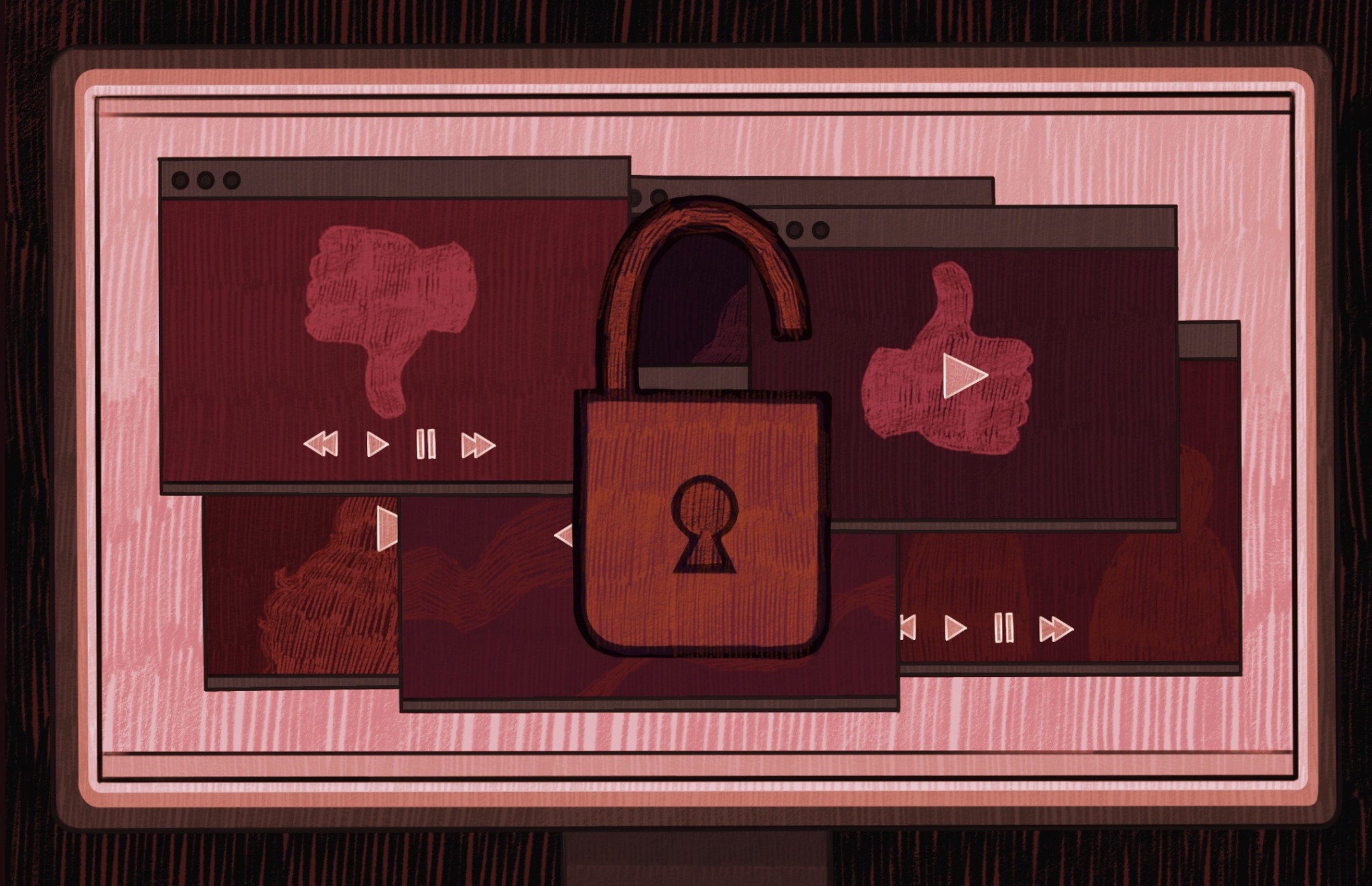As stay-at-home orders continue into 2021, the demand for cheap and easy entertainment has continued to rise, which unsurprisingly means digital piracy has seen a massive resurgence. According to MUSO, a firm that collects and analyzes data on piracy, American’s consumption of unlicensed media has increased by over 40 percent since before the pandemic. As known by anyone who’s seen the infamous FBI piracy warning synonymous with the days of Blu-Ray and Blockbuster, the unauthorized reproduction or distribution of copyrighted works is punishable by up to five years in federal prison and a fine of $250,000. But while the draconian punishments for piracy lack nuance, the morality of the act is still largely up for debate.
A common theme among anti-piracy arguments is the equation of piracy and theft, often using this assumption to cite losses in the tens of billions across various entertainment industries, all as the result of online piracy. However, after the slightest bit of scrutiny, this argument falls apart. The idea that each pirated copy of a piece of media costs its publisher the price of said media simply doesn’t make sense. Where stealing a physical object takes that object away from the original owner, pirating a film or TV show doesn’t deprive the publisher of their product, therefore no tangible value, let alone billions of dollars are stolen through digital piracy.
Moreover, the notion that piracy costs publishers money in ‘potential sales’ is equally dubious. Many people simply do not have the money to purchase their media through legal means, and a large majority of digital pirates only consume the media they pirate because it’s free. Additionally, there is no evidence piracy is replacing legal paying customers, as CEO of MUSO, Andy Chatterley, put in an interview with CNBC, “Unlicensed consumption trends are closely linked to paid-for or licensed content … just as Netflix has seen large subscriber gains, we have seen a significant spike in visits to film piracy sites.”
This isn’t to say piracy is a victimless crime, as pirating an indie video game or independent film can have a real impact on the artist and their future work. But in stark contrast to smaller creators, the authors, film producers, video game developers, and musical artists behind the vast majority of mainstream big-budget projects either work for a set salary or will barely see a dime for every dollar taken by the publisher or label. So anti-piracy stances and laws aren’t so much protecting artists, but rather the financial interests of middlemen.
In addition to squeezing as much profit as possible without actually contributing to the product, many of these publishers and distributors utilize predatory tactics that you would be hard-pressed to defend whilst calling piracy unethical. Take the music industry as an example, where monopolized music labels have created a system where the average contracted artist receives less than 3 percent of the revenue from their music. The amount of money that ends up in artist’s pockets from supporting their music through legal channels is so negligible that in most cases it doesn’t outweigh the money given to the labels that are actively hurting the artist for the sake of their bottom line.
Another essential reason for the growing necessity of piracy is the inaccessibility of academia. Despite the great ease of distributing information freely, a vast amount of knowledge remains locked behind a paywall, including textbooks required to participate in the increasingly financially draining world of higher education. According to the Bureau of Labor Statistics, textbook costs increased 88 percent between 2006 and 2016, which is over quadruple the rate of inflation in the same time period. This phenomenon is easily explained by the four major publishers that control over 80 percent of all of the textbook market, who have used their monopoly to make compulsory purchases as expensive and anti-consumer as possible. Digital piracy eliminates this ludicrous barrier of entry, which is non-negotiable for a large portion of a progressively more indebted student population.





